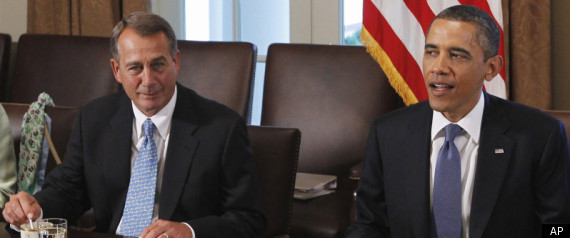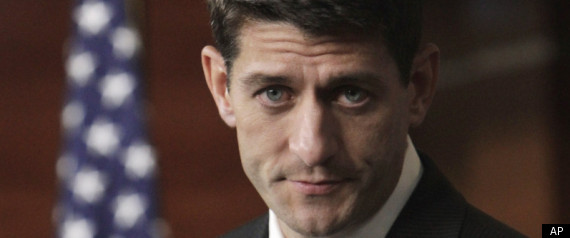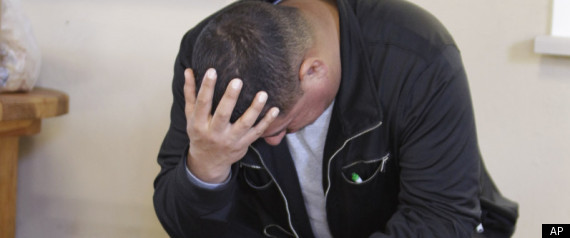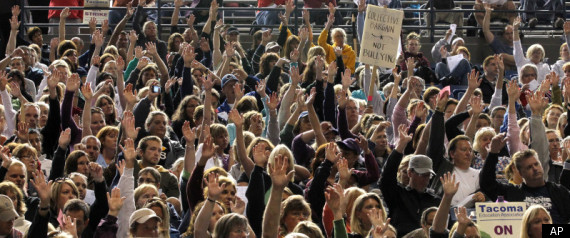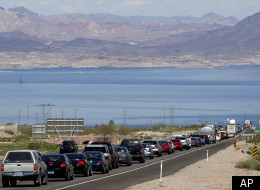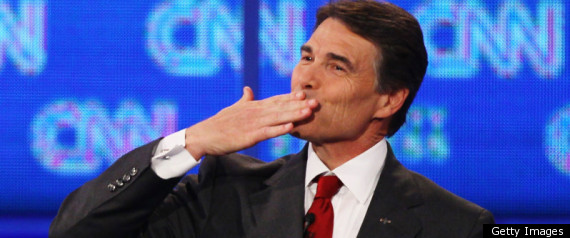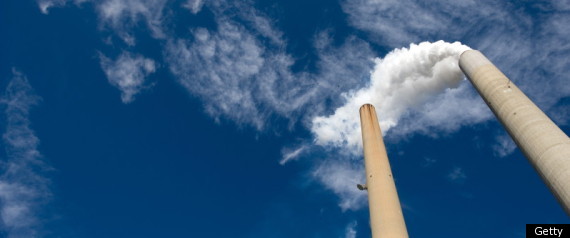WASHINGTON -- In certain corners of the progressive political universe, there has been ongoing frustration with the Obama White House for attacking the institution of Congress as a whole rather than its Republican parts.
The angst surfaced briefly, and most recently, during the introduction of the administration's jobs bill, when President Barack Obama stood before Congress demanding action without pinpointing the party most likely to hold it up. Since then, however, the president has drawn sharper lines when castigating the legislative branch, noting specifically that many of the job creation ideas he's adopted once had Republican support. In the White House's talking points on its latest legislative proposal -- a new tax on income over $1 million -- there's another sharp elbow thrown the GOP's way.
"Unfortunately, Congressional Republicans believe the burden of deficit reduction should only come from spending cuts to critical programs, including Medicare and Medicaid, and refuse to ask millionaires and billionaires to pay their fair share to get our fiscal house in order and reduce the deficit," the bullet point reads.
The angst surfaced briefly, and most recently, during the introduction of the administration's jobs bill, when President Barack Obama stood before Congress demanding action without pinpointing the party most likely to hold it up. Since then, however, the president has drawn sharper lines when castigating the legislative branch, noting specifically that many of the job creation ideas he's adopted once had Republican support. In the White House's talking points on its latest legislative proposal -- a new tax on income over $1 million -- there's another sharp elbow thrown the GOP's way.
"Unfortunately, Congressional Republicans believe the burden of deficit reduction should only come from spending cuts to critical programs, including Medicare and Medicaid, and refuse to ask millionaires and billionaires to pay their fair share to get our fiscal house in order and reduce the deficit," the bullet point reads.
